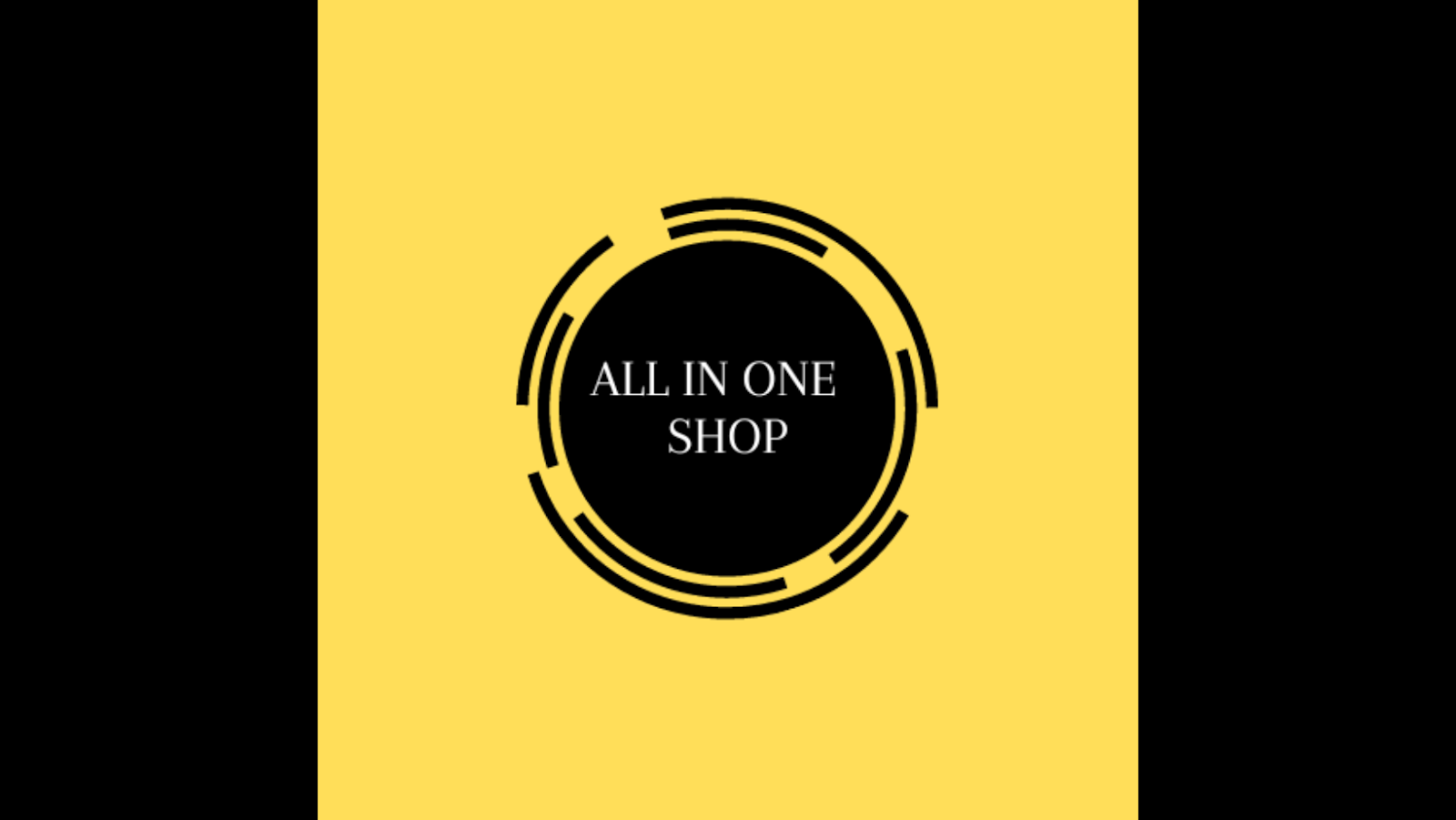Building a Strong Digital Marketing Strategy on a Budget
In today's fast-moving business environment, having a
powerful digital marketing strategy is crucial, especially for small businesses
that often work with limited budgets. Without hefty marketing funds, many small
enterprises face the challenge of establishing an impactful online presence.
But fear not, this guide will demonstrate that you don't need a massive budget
to make a significant impact online.
Defining Your Goals and Target Audience
To make every dollar count, it's vital to know what you want
to achieve and who you want to reach. Setting a clear path will help streamline
your marketing efforts and ensure your resources are used wisely.
Setting SMART Goals
Ever heard of SMART goals? They're your roadmap to success.
SMART stands for Specific, Measurable, Achievable, Relevant, and Time-bound,
helping you set goals that are clear and reachable. For instance, instead of
simply aiming to increase website visitors, target a 20% increase in traffic
within six months using targeted strategies.
Understanding Your Audience
To create content that actually hits home, you need to know
your audience inside out. Are they tech-savvy millennials or budget-conscious
parents? Use tools like social media insights and Google Analytics to dive into
their demographics, interests, and behaviors. Understanding your audience will
allow you to tailor your content to their needs, offering solutions they can't
resist.
Cost-Effective Digital Marketing Channels
You don't have to break the bank to get your message across.
Here are some budget-friendly channels that can drive meaningful results.
Leverage Social Media Platforms
Social media is your friend. Platforms like Instagram,
Facebook, and Twitter offer vast opportunities for organic reach. With
compelling content and consistent posting, you can engage your audience without
spending a dime. Additionally, social media is a great place for user-generated
content strategies which can enhance your brand's credibility.
Email Marketing Strategies
Email marketing remains one of the most cost-effective
digital marketing tools. By building a targeted list, crafting personalized
emails, and utilizing free tools like Mailchimp, you can keep your audience
engaged and drive conversions without a hefty budget. Targeted email campaigns
have proven to be impactful for small businesses looking to foster relationships
with their customers.
Content Marketing on a Budget
Creating content doesn't have to be expensive. Start a blog
on your website to offer valuable insights and advice related to your business.
Encourage your customers to share their experiences with your product or
service. This user-generated
content approach can be both compelling and cost-efficient.
Utilizing Free and Low-Cost Tools
You don't need advanced tech to succeed in digital
marketing. Numerous tools help you manage and measure your
marketing efforts without spending a fortune.
Free Tools for Social Media Management
Managing multiple social media accounts can be overwhelming.
Tools like Buffer and Hootsuite come to the
rescue. They offer features like post-scheduling and analytics, helping you
maintain an active presence with ease and without cost.
Analytics and Tracking Tools
Understanding the performance of your digital marketing
efforts is crucial. Free tools like Google
Analytics provide insights into your audience's behavior, allowing you to
adjust your strategies and improve results without additional cost.
Engaging with Your Community
Building a community around your brand is more than just
marketing—it's about fostering relationships that convert into loyalty.
Encouraging User-Generated Content
Encourage your customers to share their stories, reviews,
and photos of your products. This type of content not only engages your
audience but also fosters a sense of community and brand loyalty. For more
strategies, you can explore guidelines on user-generated
content on tight budgets.
Networking with Other Businesses
Collaboration is powerful. Partner with local businesses,
sponsor local events or collaborate with influencers in your niche. This
strategy doesn't just expand your reach—it builds valuable relationships and
supports community engagement.
Conclusion
Building a strong digital marketing strategy on a budget is
not only possible but also rewarding. By setting clear goals, understanding
your audience, and utilizing cost-effective channels and tools, you can
establish a compelling online presence. Start small, stay consistent, and
you'll build a strategy that's impactful and budget-friendly. Remember, the key
is in the planning and smart execution. Happy marketing!


.png)
.png)






.png)


0 Comments